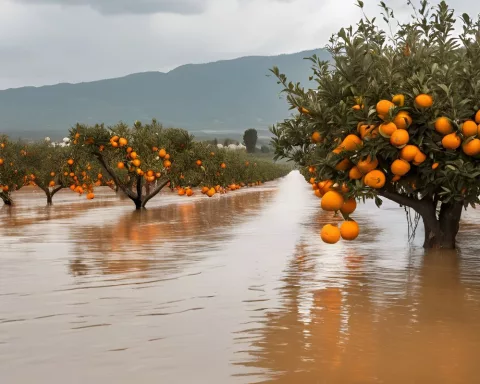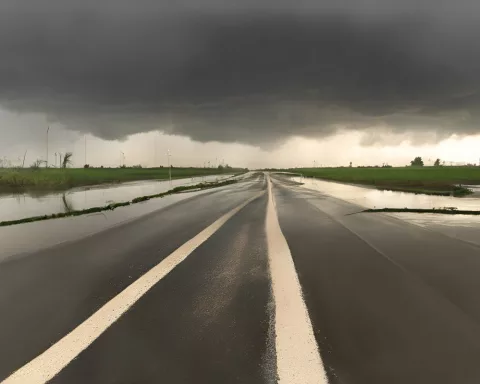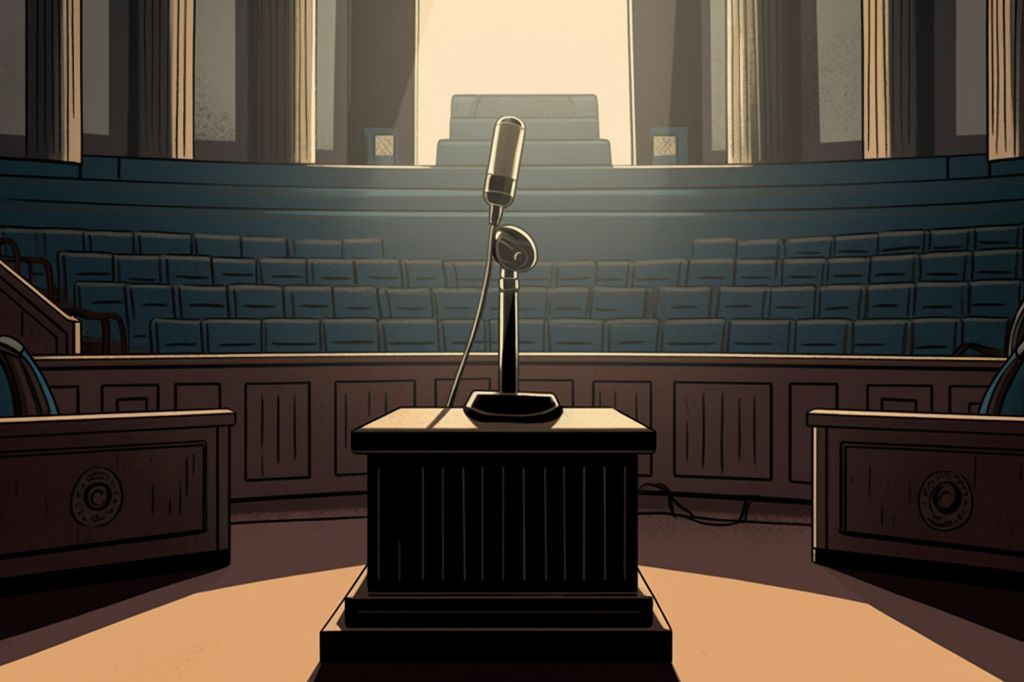The LEAP initiative, implemented in the Western Cape as part of the Western Cape Safety Plan, has achieved significant progress in reducing crime rates since its initiation in 2020.
Reduction of Murder Rates
LEAP has shown remarkable results in reducing the murder rate by 9%. In the fourth quarter (January to March) of the 2022/23 financial year, the homicide report using provincial forensic pathology data shows that LEAP areas recorded a total of 428 homicides, a 9% decrease from the previous year’s 468 cases.
Evidence-Based Approach
LEAP’s strategic deployment is based on evidence and data, which facilitates continuous improvement through monitoring and evaluation. The initiative’s approach helps in determining the effectiveness of LEAP and informs its operations in the top 10 murder areas of the Western Cape.
Outstanding Achievements
LEAP’s achievements include the confiscation of 360 firearms and the arrest of 16,270 individuals for various offenses. Other high-crime areas with LEAP deployments include Atlantis, Bishop Lavis, and Hanover Park, as well as Lavender Hill, Steenberg, and Grassy Park.
Investment in LEAP
To date, over R 1 billion has been invested in LEAP, and an additional R 350 million has been allocated for the current financial year. R 10 million has also been set aside for the establishment of LEAP stations.
Collaboration with Law Enforcement Agencies
LEAP officers collaborate with various law enforcement agencies, including the City of Cape Town Law Enforcement Agencies, the South African Police Service, neighborhood watches, Community Policing Forums, and other stakeholders.
Unity for Safer Communities
Western Cape Minister of Police Oversight and Community Safety, Reagen Allen, emphasizes the importance of unity in creating safer communities. Everyone should play their part in reducing crime rates and creating safer communities.
Although LEAP’s achievements are noteworthy, every murder is one too many. The Western Cape and the City of Cape Town, in collaboration with LEAP, will continue to work towards reducing crime rates and creating safer communities for all.












